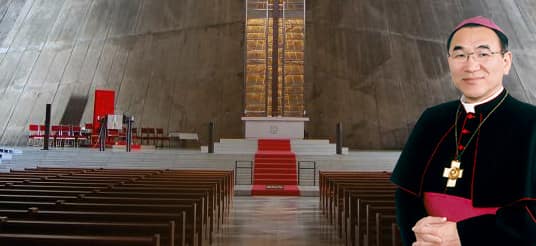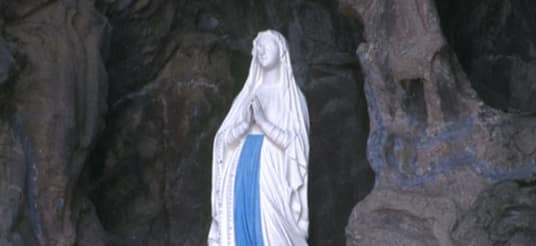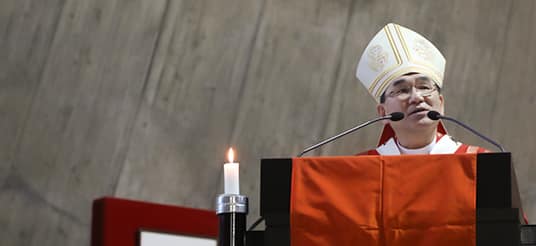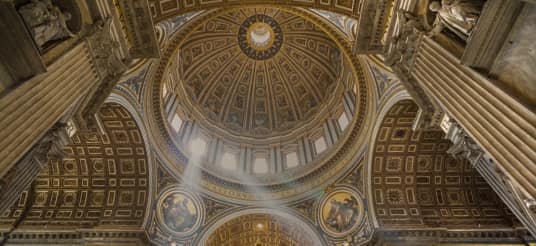Archdiocese of Tokyo

Delivered on the 12th Anniversary of Archbishop Okada’s Installment in St. Mary’s Cathedral, Tokyo
2 September 2012
First Reading : Deuteronomy 4:1-2, 6-8
Second Reading : The Epistle of James 1:17-18, 21b-22, 27
Gospel Reading : Mark 7:1-8, 14-15, 21-23
Gospel:
Now when the Pharisees with some scribes who had come from Jerusalem gathered around him, they observed that some of his disciples ate their meals with unclean, that is, unwashed, hands.
(For the Pharisees and, in fact, all Jews, do not eat without carefully washing their hands, keeping the tradition of the elders. And on coming from the marketplace they do not eat without purifying themselves. And there are many other things that they have traditionally observed, including the purification of cups and jugs and kettles and beds.
So the Pharisees and scribes questioned him, “Why do your disciples not follow the tradition of the elders but instead eat a meal with unclean hands?” He responded, “Well did Isaiah prophesy about you hypocrites, as it is written: ‘This people honors me with their lips, but their hearts are far from me; In vain do they worship me, teaching as doctrines human precepts.’ You disregard God’s commandment but cling to human tradition.”
He summoned the crowd again and said to them, “Hear me, all of you, and understand. Nothing that enters one from outside can defile that person; but the things that come out from within are what defile. From within people, from their hearts, come evil thoughts, unchastity, theft, murder, adultery, greed, malice, deceit, licentiousness, envy, blasphemy, arrogance, folly. All these evils come from within and they defile.”
Today’s Mass in St. Mary’s Cathedral here in Tokyo commemorates the 12th Anniversary of my Installment as Archbishop. I thank you for joining me here today and ask for your continued prayers for me and my office.
In today’s Gospel Jesus said: What comes out of a man is what defiles a man (Mark7:15,21). When the scribes and the Pharisees criticized that the disciples of Jesus did not wash their hands, Jesus said in answer that it was more important to purify one’s heart than to cleanse one’s hands. Jesus often sharply accused the Pharisees and scribes of their hypocrisy. “You are clean on the outside, but inside you are full of extortion and rapacity. You are like whitewashed tombs, which outwardly appear beautiful, but within they are full of dead men’s bones and all uncleanness (from the Gospel of St. Matthew 23:25-27).
Such crude accusations often enrage the accused. You too might find this a little too much, but Jesus spoke candidly. He criticized in a forthright and scathing manner. He says, “From within, out of the heart of man, come evil thoughts.” There is a long list of such evil thoughts in the Scriptures.
This reminds me of a similar teaching by Paul the Apostle in his Epistle to the Galatians. He talks of the works of the flesh, and in comparison, the fruits of the Spirit. When we compare these two teachings, what Jesus and Paul say are in fact quite similar.
Only in Paul’s case there is a longer list of bad qualities, which are the works of the flesh, rather than good ones, which are the fruits of the Spirit. So much so that you might even begin to wish you were through with it quickly. You might want to take a glance at this list later. It appears in Chapter 5 of Galatians.
“The desires of man’s heart are evil from the beginning” (Genesis 8:21 ), said God at the time of Noah’s Flood. Also, you can find the following words in the Book of Jeremiah: “More tortuous than all else is the human heart, beyond remedy” (Jeremiah 17:9). How very unfortunate! Can a single one of us, who are gathered here today, deny this and declare “No, I have no such problems.”?
Our evil thoughts may lie asleep most of the time, but the moment when an occasion arises, they come creeping out and spur us on to evil deeds.
Now, please allow me to move onto a slightly different subject and tell you about the letter Pope John Paul II wrote at the threshold of the year 2000, addressing all the people of the world. This was in preparation for entering the new millennium. As we enter the new millennium, he says, pointing at various historical events, we must look back upon ourselves and sincerely repent the ways we conducted ourselves in the last millennium.
Among them are the world wars―indeed there were two world wars. We also experienced genocides. How was it even possible that those who believe in God were capable of committing such atrocities? Pope John Paul II said, “Unless we sincerely repent our ways, we cannot cross the threshold of the new millennium.”
While committing a deed, people often do not consider themselves to be doing anything particularly wrong. Before we accuse others of their deeds, we must first look back upon ourselves. We must stand before God every day to lay our hearts open in order to repent of our sins in the light of God, the light of resurrected Jesus Christ feeling ’ashamed’ of ourselves, to use a Japanese cultural sentiment.
On October the 11th this year, the Year of Faith begins. When we reflect on what we ought to accomplish in the Year of Faith, various things are being talked about and could be considered. The most vital task for us among them is to learn to know our Lord Jesus Christ better than ever.
The best way anyone can learn to know our Lord Jesus Christ is to participate in Sunday Liturgy. During Sunday Mass, the Gospel of Jesus Christ is always read, and its meanings are explained. It is followed by a sermon to further elaborate on the ways in which the Sunday Gospel relates to our daily lives and to the reality of our society.
Also the background and the history behind the Gospel have to be considered. These are written in the Old Testament. In order to understand the words and activities of Jesus Christ better, it is vitally important to study the Old Testament which explains the background in which the Gospels were written. The first reading is taken from the Old Testament. The second reading is often read from a letter by one of the Apostles.
The Epistle of Paul the Apostle and others are often chosen. The Apostles are the people, who actually met and were taught by Jesus Christ, and their writings show us their understanding of Jesus Christ as a person, and what he taught them. It is their understanding that is expressed in the New Testament. Let us deepen our understanding of Jesus Christ, as we read the letters of the Apostles and the Old Testament, not to mention the Gospel itself.
Furthermore, at Sunday Mass we join together in reciting the declaration of faith which consists of the creeds. These prayers date back to the beginning of the Church and are put together as short prayers expressing our common understanding of the Christian faith. I believe these become very important as time passes for us to make sure today how our faith was understood in the beginning.
During the last two millennia, the Church has dealt with numerous challenges. 50 years ago, the Second Vatican Council was held. According to the Second Vatican Council, the Church is an organization that has been sent out to the world in order to serve all people throughout the earth. When the reality of the Church greatly differs from that of society, it becomes difficult for us to serve the people in the best way. It is for this reason that the Council met, and the people gathered there discussed and counseled each other on how they could followed the Holy Spirit to accomplish the Church’s mission in a better way. The Council’s documents are the fruit of prayers offered under the guidance of the Holy Spirit.
It is my sincere hope that you too will study the teachings of these documents.





